What's Current in
Environment + Sustainability
Image

Photo Credit
SHansche via iStock
Curtailing overconsumption may be the easiest target for reducing the societal and environmental impacts of climate change.
Image
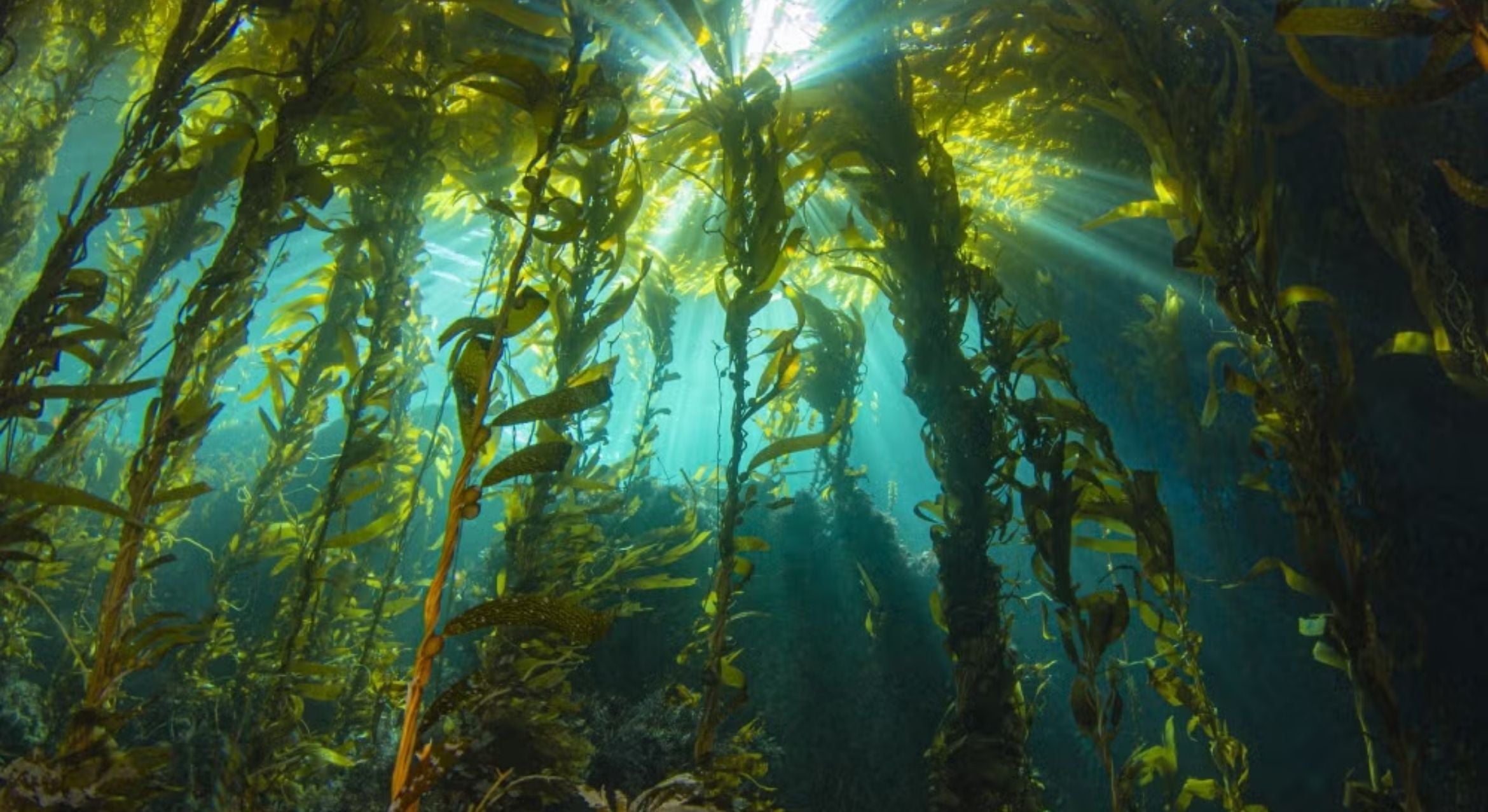
Photo Credit
UC Santa Barbara
Declines in water clarity are a pressing concern for coastal ecosystems.
Image

Photo Credit
jez_bennett via iStock
Snaring is an important hunting method. But it’s impact on African wildlife has become unsustainable.
Image

Microbes are responsible for much of carbon sequestration in the ocean
Image
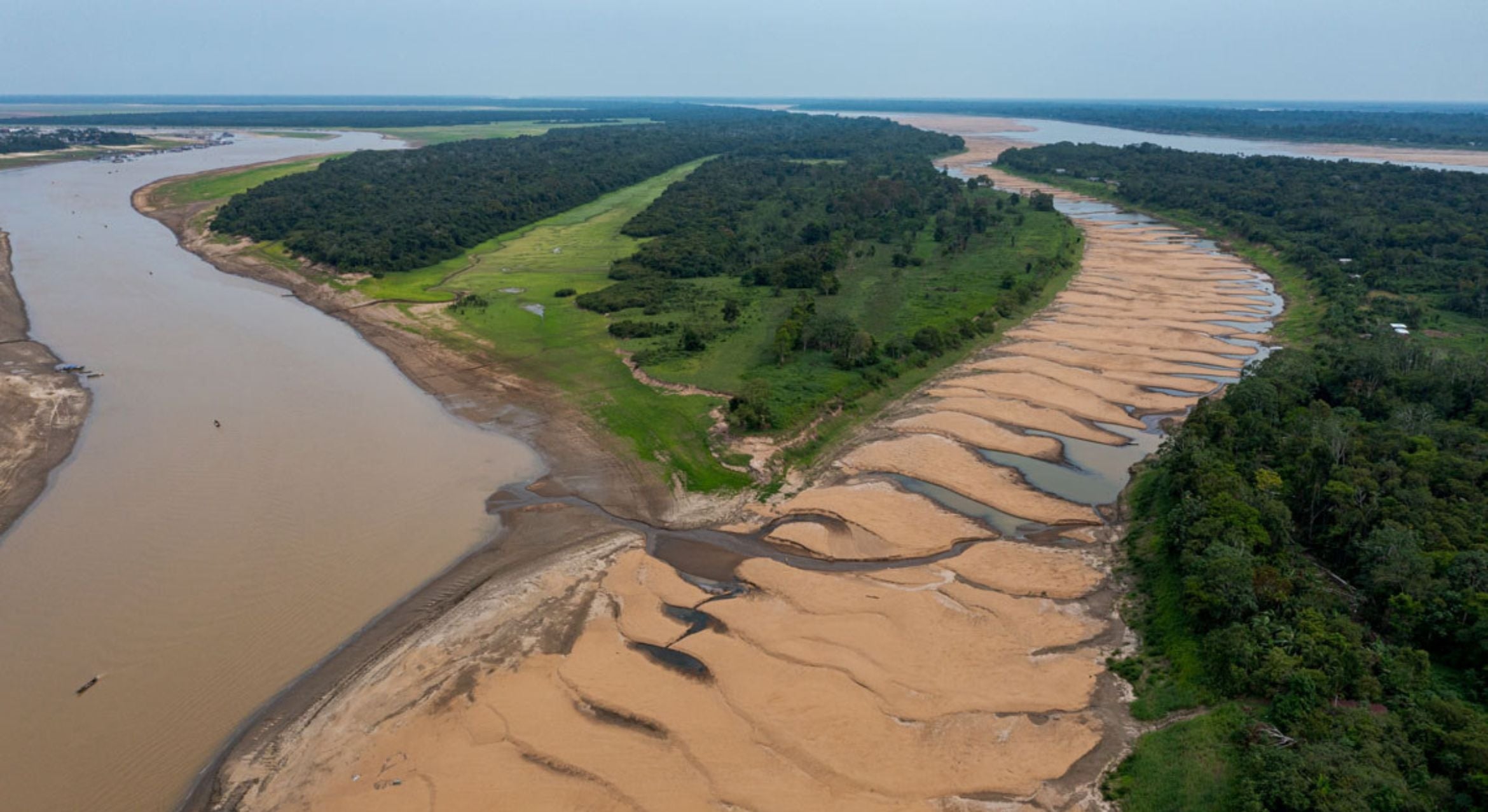
Photo Credit
Miguel Monteiro
Severe drought and heat in the central amazon turned Lake Tefé into a shallow spa, killing fish and endangered river dolphins.
Image
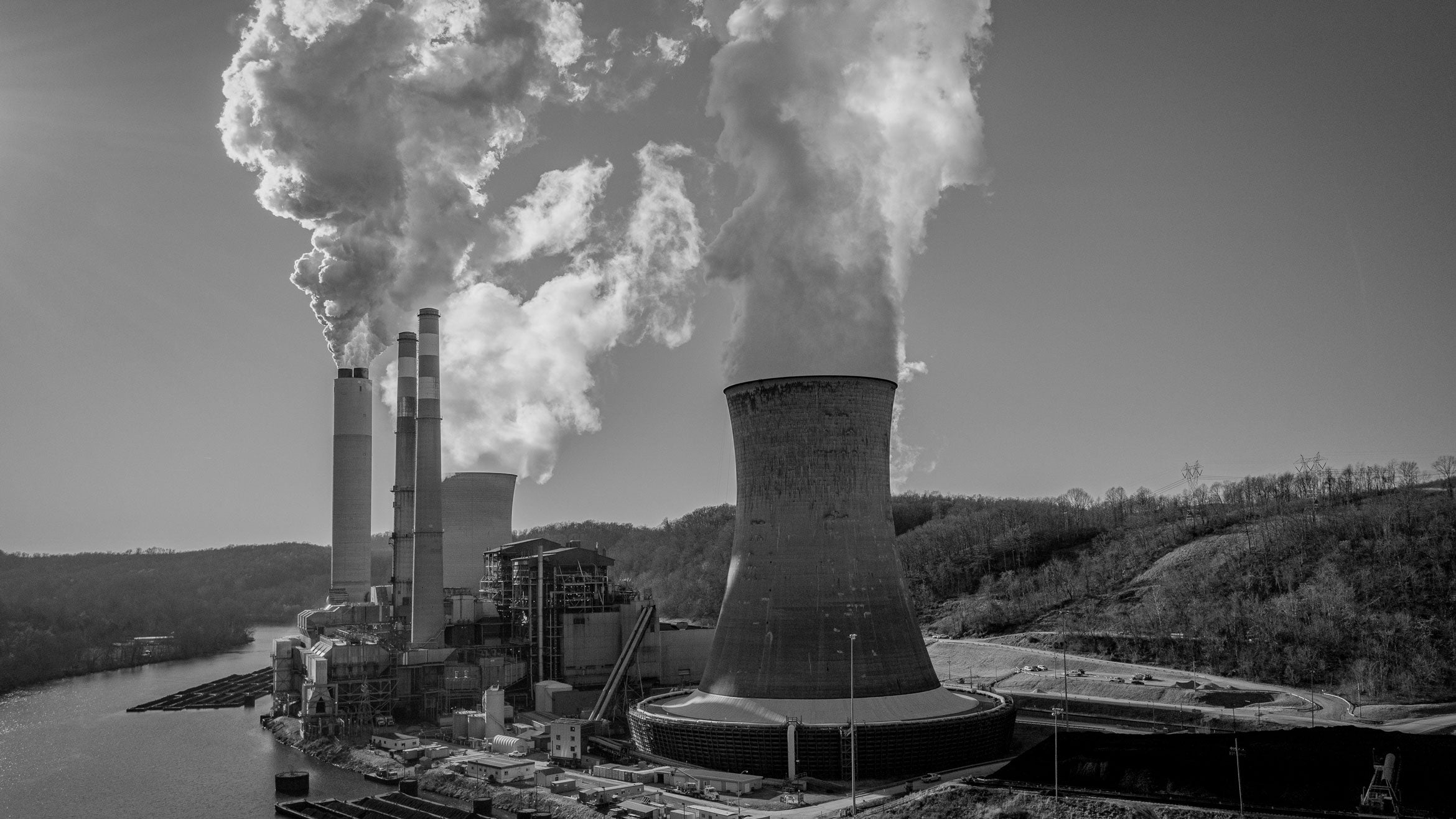
Photo Credit
iStock
Image
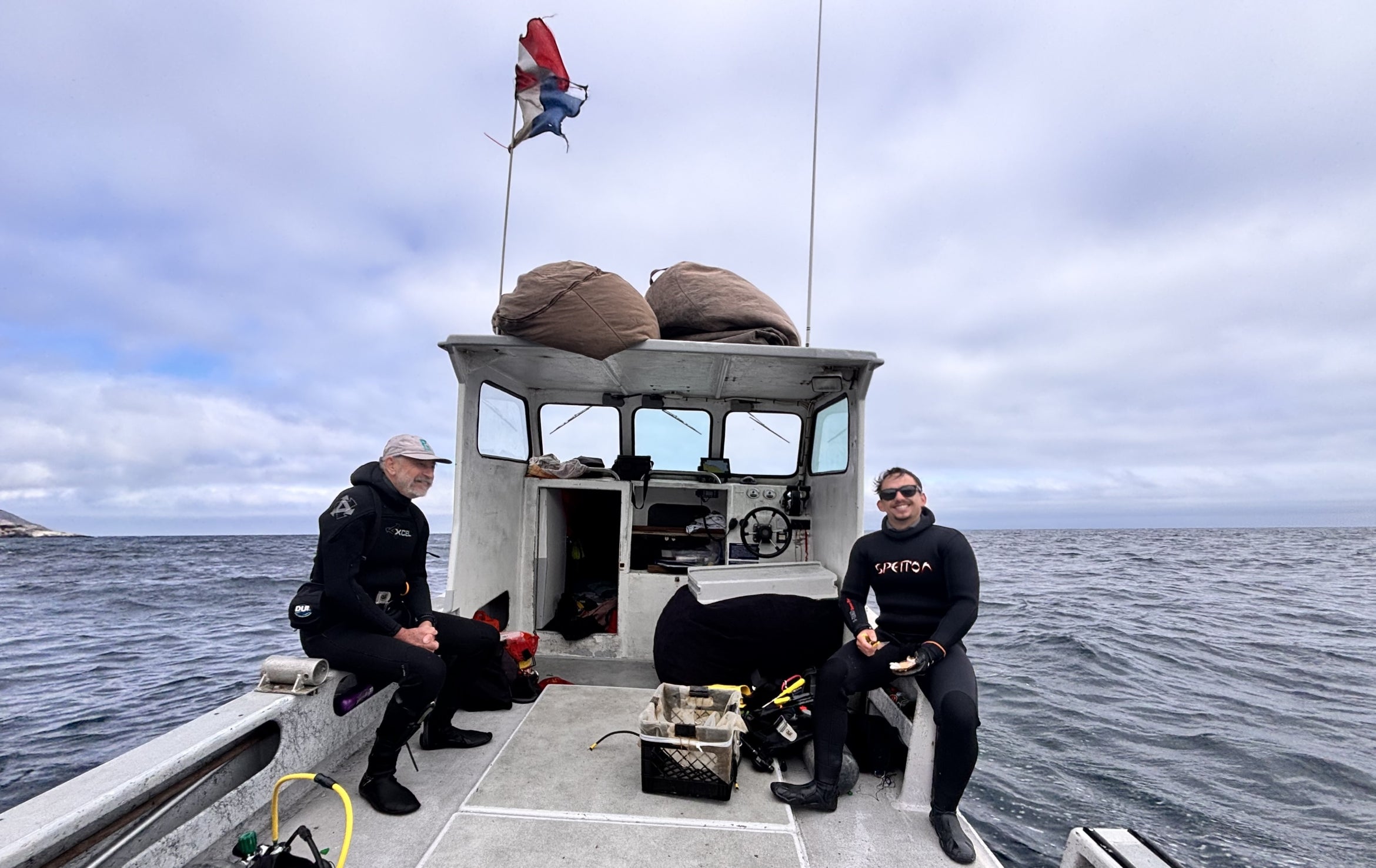
Photo Credit
Courtesy Image
Volunteer taxonomist Gustav Pauly from the Florida Museum of Natural History, left and SBC-LTER lab technician Darrin Ambat on a morning dive to retrieve Autonomous Reef Monitoring Structures from the sea floor
Image
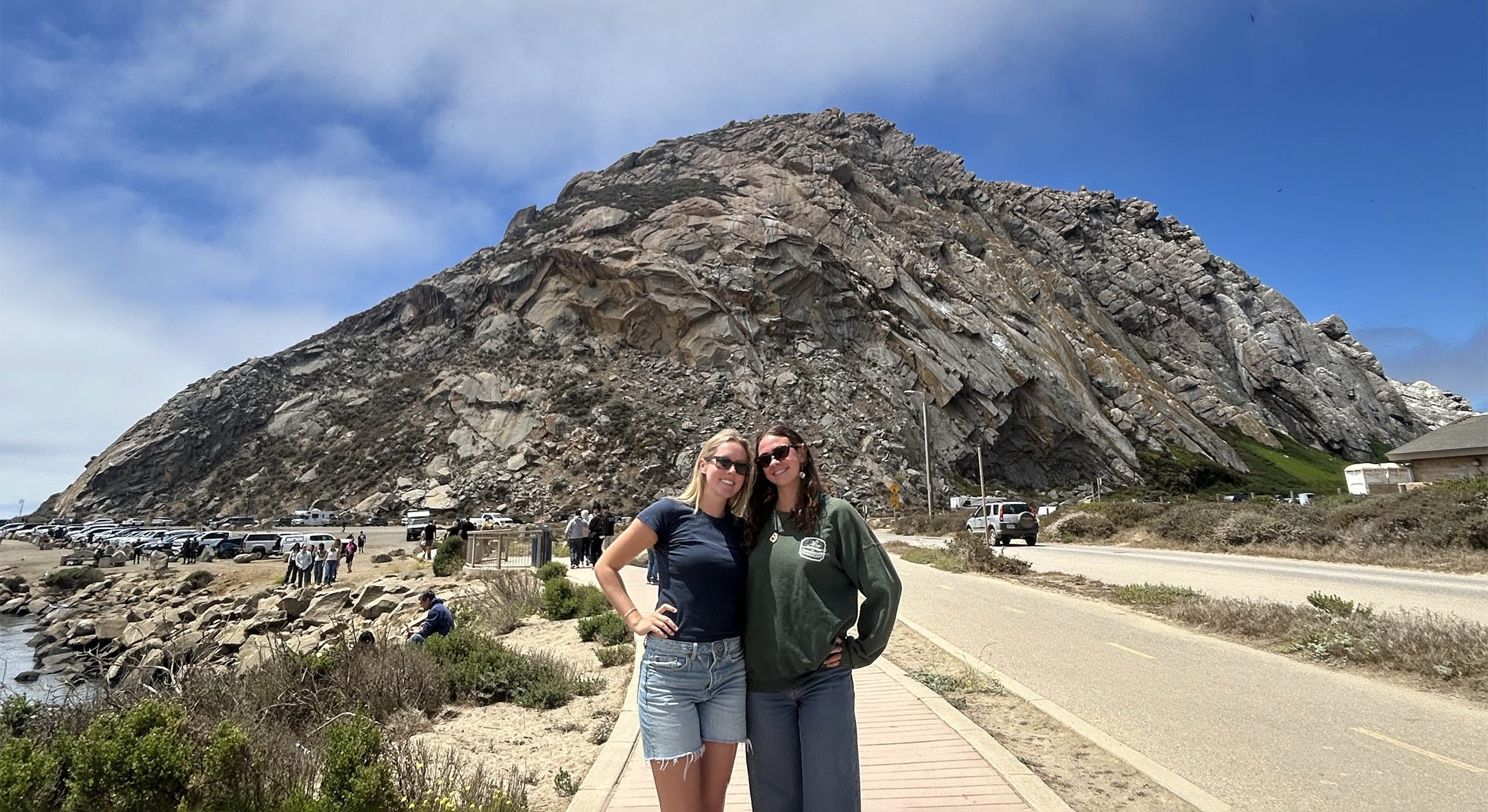
Photo Credit
courtesy
Bren Environmental Leadership fellows Caroline Smith (left) and Halia Fleming in Morro Bay, CA
Image
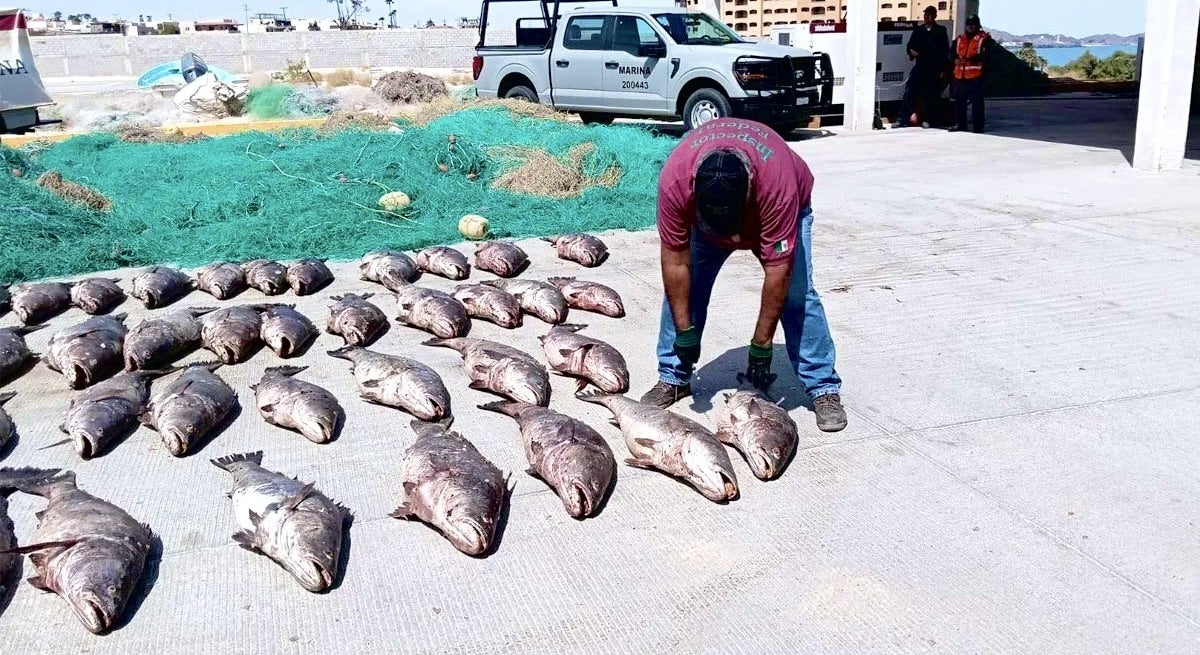
Photo Credit
Procuraduría Federal de Protección al Ambiente (PROFEPA)
Totoaba poaching continues in the Gulf of California despite a 50-year fishing ban. But farming the fish for export may curb poaching.
Image
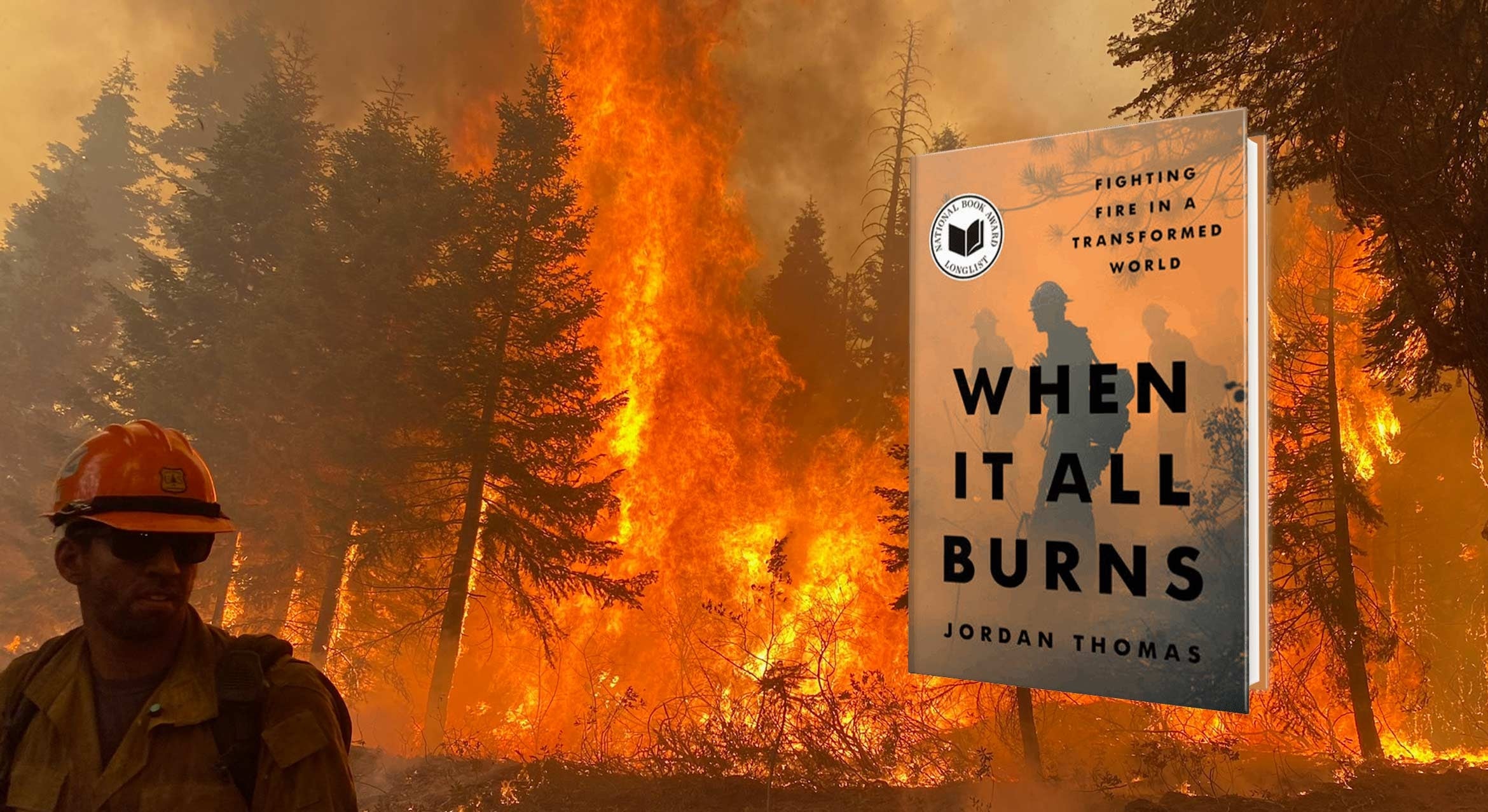
Photo Credit
Jordan Thomas/ Penguin Publishing Group
Centuries of misguided policy, politics and prejudice have primed the land for the unprecedented infernos that wildland firefighters now face every year.
Image

Photo Credit
Jeff Liang
UCSB's Grace Han’s research centers on solar fuels that capture sunlight and convert it into usable heat.
Image
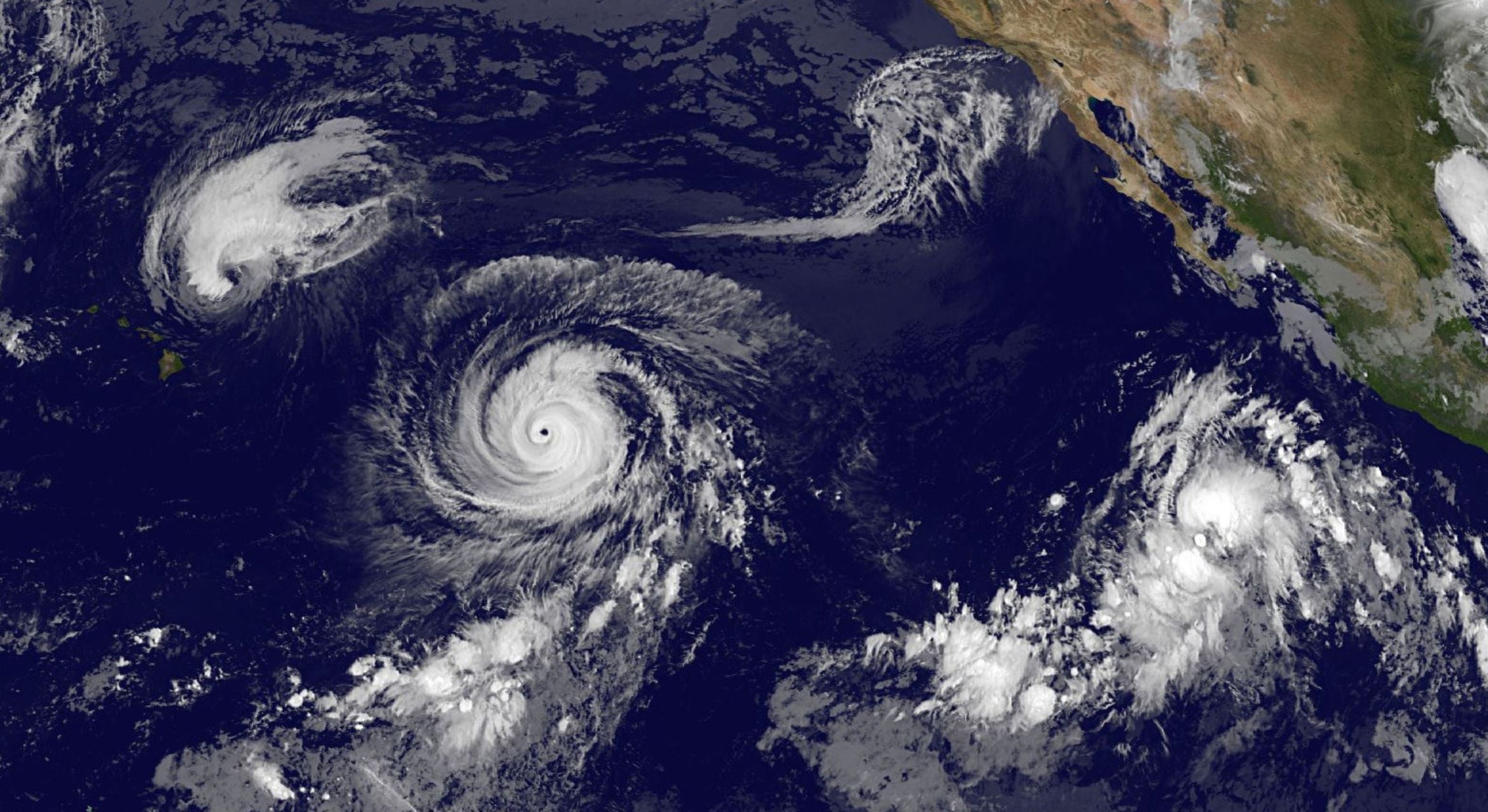
Photo Credit
NASA
The El Niño Southern Oscillation drives major weather patterns across the globe. Disrupting it could have intense and far-reaching ramifications.
